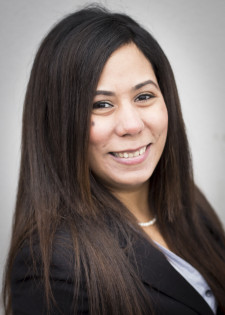

Day-to-day living is costly. Gas, groceries, home expenses, the kids, taxes, a workday coffee or lunch – it all costs and it all adds up, making it very difficult to set aside money for investing. But you know you should because contributing to your investments within an RRSP and other forms of saving and investing is the best way to financial and retirement comfort. Your mantra should be ‘pay myself first’ and here are three ways to do just that and regularly fund your investments using money you already have.
Consolidate debt if you have a number of small loans and/or carry debt on a bunch of credit cards, consider a debt consolidation loan at a better interest rate and lower overall monthly payment. Or you might opt to transfer your credit card balances to a personal line of credit that typically has an interest rate of prime plus one or two per cent instead of the 18 to 28 per cent annual rates of many credit cards. Use the ‘found’ money from your lower monthly loan and debt payments to fund your investments.
Be tax smart you get a tax refund and you think, ‘Whoopie!’ But what you’ve actually done is loaned the government your money, interest-free throughout the year. Instead, apply to reduce the tax withheld from your pay each month (by filing form T1213 with the Canada Revenue Agency and for Québec residents, a TP-1016 with Revenue Quebec) and invest the extra money each pay period.
Cut your coffee habit a coffee a day costs only a buck or two … or three or four, if you’re a latte person. A small amount, you think – but break your coffee habit and put those ‘small’ amounts into your RRSP monthly and thanks to the magic of compounding, the price of your daily regular coffee will add up to an additional $9,800 in your plan in ten years (based on annual return of six per cent1). Over 30 years you’ll accumulate $60,000 and that would provide an annual pre-tax retirement income of about $5,000 over 22 years. If you’re a latte lover, deleting your daily habit will put an additional $19,600 in your RRSP after 10 years and over $121,000 after 30 years, giving you a pre-tax annual retirement income of $10,000 for over 22 years. And you won’t have to stand in line every morning.
Now that you’ve uncovered those ‘hidden’ investment dollars, put them to work before they get gobbled up by other day-to-day costs by setting up a Pre-Authorized Contribution plan (PAC) that makes automatic withdrawals from your bank account and transfers them to an investment account. Talk to your professional advisor about PAC and other strategies that’ll help you reach you’re financial and life goals faster.
1The rate of return is used only to illustrate the effects of the compound growth rate and is not intended to reflect future values or return on investment.
This column, written and published by Investors Group Financial Services Inc. (in Québec – a Financial Services Firm), presents general information only and is not a solicitation to buy or sell any investments. Contact your own advisor for specific advice about your circumstances. For more information on this topic please contact: Aimee Sehwoerer, Consultant at Investors Group Financial Services Inc.
